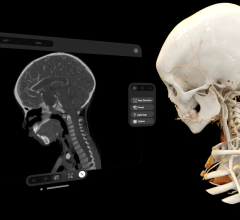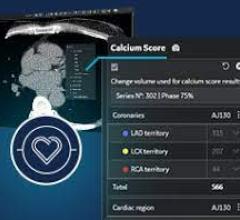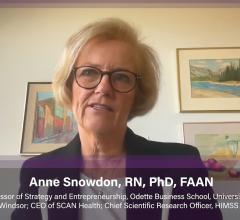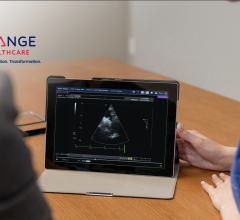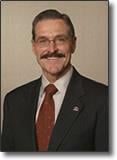
Jack Lewin, M.D., CEO of the American College of Cardiology, said cardiologists need to get involved in federal healthcare reform.
There has been much discussion and concern among physicians over the Obama administration’s call to overhaul the American healthcare system, but experts who spoke at this week’s Heart Rhythm 2009 conference in Boston said the best thing doctors can do is get involved.
The Heart Rhythm Society hosted a health policy town hall meeting Wednesday, where principles for reform were highlighted. The former health advisers to former senator Bob Dole and former President Bill Clinton also urged cardiologists to get involved in the policy process.
“We have to be at the table or else we will be on the table,” said Jack Lewin, M.D., CEO of the American College of Cardiology (ACC).
He said ACC suggested a set of principles to policy leaders in Washington, D.C., to help guide healthcare reform. Among these points are that more people can receive healthcare coverage by expanding public and private programs. Dr. Lewin said the focus needs to be on patient value, transparency, high quality, cost-effective, and continuous care. There should also be an emphasis on professionalism as a foundation of an effective partnership that can help empower patients. Better coordination across sources and sites of care is badly needed. Adoption of health information technologies will be required to enable reform. He also said the plan needs to include payment reforms that reward quality and ensure value.
“There is an absolute vision in Congress to tie pay with performance,” Dr. Lewin said.
He said the current quality of care is wanting in many places, especially with Medicare patients. Of the Medicare patients that are hospitalized, he said about 50 percent of them are readmitted to the hospitals within 60 days, at an average cost of $15,000 per readmission. He argued this statistic reflects poorly on the current state of medical care for Medicaid patients and is a drain on Medicaid resources.
Reforms in some areas will be easy to make. He said in instances of heart failure, Medicare patients often return to the hospital when they need emergency care, instead of doctors using lower-cost, home-monitoring systems to better manage these patients.
Instead of sitting on the sidelines and worrying about the possible changes and policies coming out of any reforms, Dr. Lewin suggests physicians and their associations get involved now to influence how decisions are made.
“No one but this constituency can fix these issues in cardiology,” Dr. Lewin told the crowd of cardiologists and electrophysiologists at the meeting.
This sentiment was echoed by Sheila Burke, RN, MPA, executive dean of the John F. Kennedy School of Government at Harvard University, and former chief of staff to former senate majority leader Robert Dole.
“Don’t underestimate your role in influencing these issues,” she said. Burke said Dole asked her to gather ideas for the last push for healthcare reform in 1993-94 by having her call doctors in his hometown in Kansas. She said Dole’s mother’s optometrist gave input for the proposed reforms.
Burke said the 1993-94 push for reform failed because Congress did not involve more shareholders such as physicians and their associations to buy into the plan. Critics of the reforms also helped sway public opinion away from the plan. She said the Obama administration and congressional leaders learned from that experience, and are going about things much differently this time. She said direct involvement by groups such as ACC will likely make a big difference.
“They don’t know what they are doing up there on Capitol Hill,” said Chris Jennings, president of Jennings Policy Strategies and former healthcare advisor to President Clinton. He said Congress needs the advice of clinicians, because most lawmakers have no medical background or any experience in managing medical facilities. Jennings also said Congress realizes this time around they need physician support to make any healthcare reform plans work. “That’s an extraordinary opportunity [for physicians],” he said.
Jennings said the healthcare device manufacturers are also joining the calls for reform. An example of this was GE Healthcare’s announcement last week, pledging billions in research and development to help enable healthcare reforms. He said companies want to get involved because they are worried about loosing market share if people are forced out of the current healthcare coverage system based on private insurance due to skyrocketing costs. Jennings said if people are not covered by any type of healthcare coverage, they can’t afford to buy the devices and technology the healthcare industry produces.
“The people who oppose healthcare [reform] will always talk about a government take over… they will always use that rhetoric,” Jennings said. However, this time he said many Americans are worried about the future of their healthcare, especially as the masses of baby boomers facing retirement will need coverage by an inadequate and under-funded Medicaid system. He added, “Americans are very frustrated about their healthcare and they don’t want to loose it.”


 December 23, 2025
December 23, 2025 


